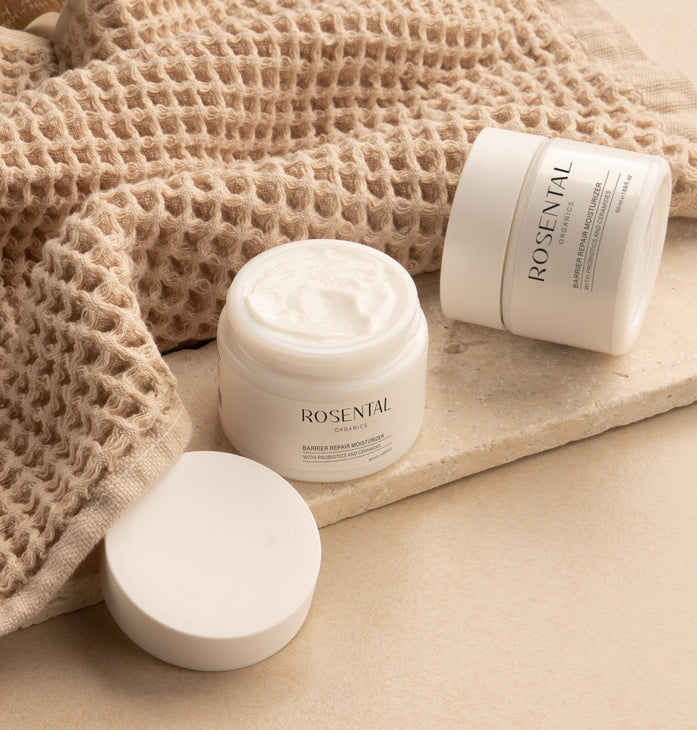Pulse of Information
Stay updated with the latest news and insights.
Moisturizer Mysteries: What Your Skin Is Really Thirsty For
Unlock the secrets of hydration! Discover what your skin craves and the myths behind moisturizers in this eye-opening blog.
Decoding Your Skin's Needs: The Science Behind Moisturizers
Understanding your skin's unique needs is crucial for selecting the right moisturizer. The science behind moisturizers involves a variety of ingredients that work synergistically to hydrate, protect, and repair the skin. Moisturizers generally contain three key types of ingredients: humectants, emollients, and occlusives. Humectants, such as glycerin and hyaluronic acid, attract moisture from the environment and draw it into the skin, while emollients like shea butter and oils soften and smooth the skin's texture. Finally, occlusives, including petrolatum and beeswax, create a barrier that locks in hydration, preventing moisture loss.
To decode your skin's needs, it's essential to consider factors like skin type, climate, and lifestyle. For instance, individuals with dry skin may benefit from richer creams that contain a higher concentration of occlusives, while those with oily or combination skin might prefer lighter, gel-based formulations that focus on hydration without added greasiness. As you explore the market, look for moisturizers tailored to your specific skin concerns, whether it's anti-aging, sensitivity, or acne-prone skin. This personalized approach not only enhances your skin's health but also promotes a radiant and youthful appearance.

Hydration vs. Moisturization: What's the Difference for Your Skin?
Hydration and moisturization are often used interchangeably, but they are fundamentally different concepts when it comes to caring for your skin. Hydration refers to the water content in your skin, and it's crucial for maintaining its elasticity and suppleness. When your skin is well-hydrated, it appears plump and youthful. On the other hand, moisturization involves applying products that create a barrier on your skin to prevent water loss, thus keeping the skin's surface smooth and protected. So, while hydration focuses on increasing water levels, moisturization is about sealing that moisture in.
To achieve optimal skin health, it's essential to incorporate both hydration and moisturization into your skincare routine. Consider using a hydrating serum that contains ingredients like hyaluronic acid to draw water into your skin, followed by a rich moisturizer that contains emollients and occlusives to lock in that moisture. Remember, hydration can be complemented by proper water intake and a diet rich in fruits and vegetables, while moisturization helps shield your skin from environmental factors and retains its moisture balance.
The Ultimate Guide to Ingredients: What Is Your Skin Really Craving?
When it comes to skincare, understanding the ingredients in your products is crucial for achieving healthy, glowing skin. Different skin types have unique needs, and knowing what your skin is really craving can make all the difference. For example, dry skin often benefits from hydrating ingredients like hyaluronic acid and glycerin, while oily skin may require lightweight formulas that incorporate salicylic acid to help keep pores clear. In this guide, we will explore the most common skincare ingredients and their specific benefits, allowing you to tailor your routine to your skin's unique demands.
Before diving into the specifics, consider the following questions to pinpoint your skin's cravings:
- Is your skin feeling dry or tight?
- Are you experiencing breakouts or excess oiliness?
- Do you notice fine lines or dullness?
Once you’ve identified your main concerns, it's easier to select products enriched with the right active ingredients, whether that's antioxidants like vitamin C for brightening or retinol for aging. Remember, a well-informed approach to your skincare routine is key to achieving the results you desire.